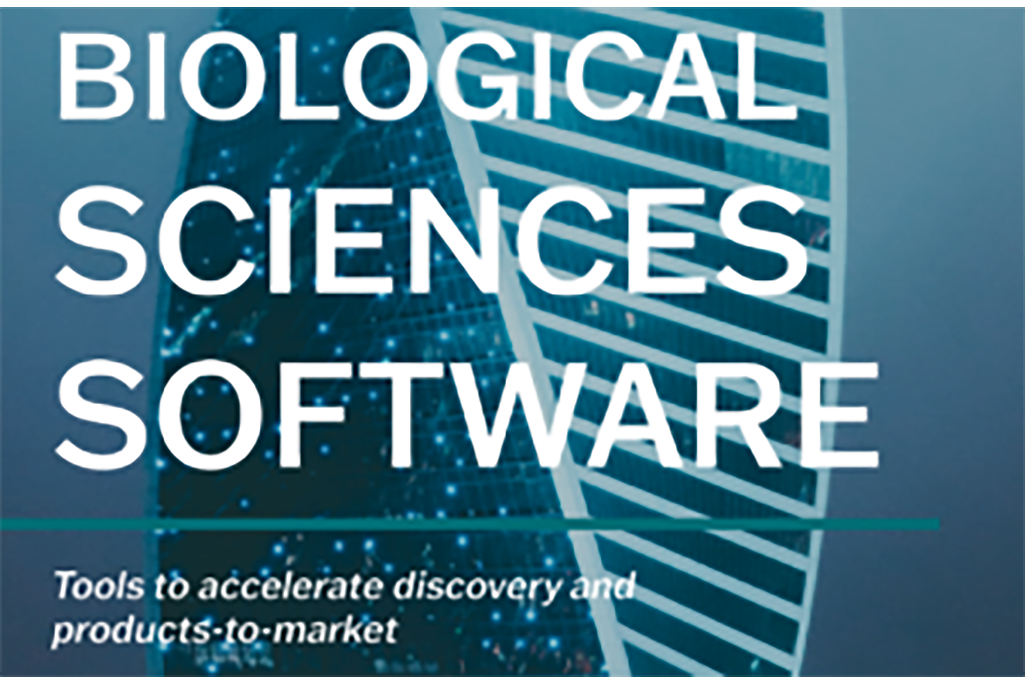March 3, 2022, Berkeley, CA – Lawrence Berkeley National Laboratory (Berkeley Lab), a U.S. Department of Energy National Laboratory, has launched a digital brochure featuring 16 open and closed source software and tools for imaging, omics, and synthetic biology research and development that can accelerate discovery and hasten products-to-market in the biosciences.
Examples of software and tools on offer include: software to support DNA design, implementation, and validation automation; software for determining macromolecular structure using crystallographic or cryo-EM data; and a multi-omics data library for predictive modeling.
“Software is an increasingly important offering that Berkeley Lab provides to industry and the research community,” said Paul Adams, Associate Laboratory Director for Biosciences. “More than 100 researchers and developers at the Lab and our partners contributed to the creation of these tools over many years, a significant investment of resources in supporting biosciences research and development around the world.”
The primary contributors to these software tools include Berkeley Lab’s Biosciences Area divisions, as well as the Lab’s Computational Research Division and the National Energy Research Scientific Computing Center (NERSC). Additional contributors are from other DOE national laboratories and academic institutions.
Development of these software packages was only possible due to significant investments by the U.S. Department of Energy in world class facilities and research projects and programs, such as the Advanced Light Source, the Joint Genome Institute, the Joint BioEnergy Institute, and the Agile BioFoundry. The National Institutes of Health has provided significant funding for the PHENIX software, which is also partially supported by industry partners.
For information on licensing closed source software, contact ipo@lbl.gov.
Founded in 1931 on the belief that the biggest scientific challenges are best addressed by teams, Lawrence Berkeley National Laboratory and its scientists have been recognized with 14 Nobel Prizes. Today, Berkeley Lab researchers develop sustainable energy and environmental solutions, create useful new materials, advance the frontiers of computing, and probe the mysteries of life, matter, and the universe. Scientists from around the world rely on the Lab’s facilities for their own discovery science. Berkeley Lab is a multiprogram national laboratory, managed by the University of California for the U.S. Department of Energy’s Office of Science.
DOE’s Office of Science is the single largest supporter of basic research in the physical sciences in the United States, and is working to address some of the most pressing challenges of our time. For more information, please visit energy.gov/science.
